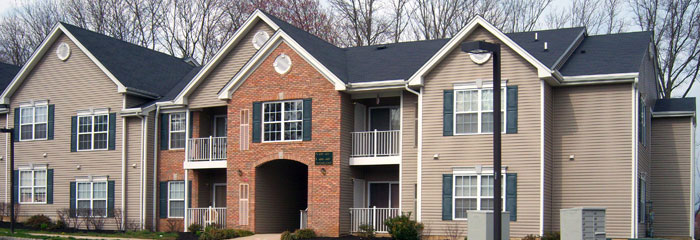Seattle City Council OKs ‘grand bargain’ measure on affordable housing
From the Seattle Times:
The Seattle City Council has passed framework legislation for the residential part of Mayor Ed Murray’s so-called “grand bargain” on affordable housing.
Overshadowed at the council’s meeting Monday by drama related to the city’s plan for a new police precinct, the legislation sets the stage to make developers include affordable units in new apartment complexes or pay to help build them elsewhere.
The council in November passed framework legislation setting up similar mandatory requirements for commercial developers.
For residential and commercial construction alike, the requirements won’t take effect until the council makes zoning changes to allow taller buildings.
That was the bargain Murray struck with developers last summer as the centerpiece of 65 policy recommendations by his Housing Affordability and Livability Advisory (HALA) Committee, a citizen panel.
The mayor agreed to seek upzones in the city’s commercial and multifamily residential areas and in some single-family residential areas near neighborhood nodes and transit lines.
In return, the agreement calls for developers building in those zones to contribute to the production of low-income housing.
If the upzones occur, Murray says, the overall program, known as Mandatory Housing Affordability, will generate about 6,000 of the 20,000 affordable units built or preserved in 10 years. Such units would be rent- and income-restricted — about $1,000 per month for an individual earning about $38,000 per year, for example.
“Far too many families and residents are either spending too much on housing or leaving Seattle altogether,” the mayor said. “Thank you to City Council for passing this historic measure ensuring that as Seattle grows, we do so equitable and affordably.”
Murray and Councilmember Rob Johnson, who shepherded Monday’s legislation, called it an important step forward.
“We know that over 40,000 of our city’s households are paying more than 50 percent of their income in rent and that this burden is experienced even more by communities of color,” Johnson said. “We must address this crisis with all the tools available to us, and this program has the potential to be an effective and innovative one.”
But key aspects of Mandatory Housing Affordability have yet to be reckoned with. For example, the frameworks don’t specify how many low-rent units developers would be required to include in each project nor what the fees would be.
Officials have most recently discussed setting the inclusion requirements for residential developers at 3 to 8 percent of the units, lower than in some other cities with similar programs. But those numbers aren’t locked in.
The council plans to consider the upzones over the next year, and some likely will encounter pushback from residents in some neighborhoods.
Some high-rise dwellers already are blocking the zoning changes proposed for downtown, and activists have accused the city of moving forward with the program before adequately studying its potential environmental impact.
Officials estimate that fewer than half of the low-rent units would be generated by residential developers citywide under Mandatory Housing Affordability.
The greater number would be built elsewhere with fees paid by the developers — an arrangement that some advocates worry could perpetuate economic segregation.
Officials say their goal is to make the benefits of the upzones and the costs of the housing requirements relatively equal.
But some builders not involved the negotiations with the city say it may ask to much of them, while some activists suspect Murray of giving developers a sweetheart deal.
Both groups have been asking officials to clearly explain the math.
Daniel Beekman: 206-464-2164 or dbeekman@seattletimes.com. Twitter @DBeekman




